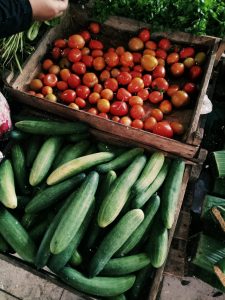A coalition of renewable fuel and farm groups expressed “extreme disappointment” in a U.S. Supreme Court decision overturning a 2020 appellate court ruling that struck down three improper small refinery exemptions granted by previous EPA administrators. However, because certain elements of the appellate court ruling were left unchallenged and were not reviewed by the Supreme Court, the groups remain optimistic that the Biden administration will discontinue the past administration’s flagrant abuse of the refinery exemption program.
The decision stems from a May 2018 challenge brought against EPA in the U.S. Court of Appeals for the Tenth Circuit by the Renewable Fuels Association, the National Corn Growers Association, National Farmers Union, and the American Coalition for Ethanol, working together as the Biofuels Coalition. The petitioners argued that the small refinery exemptions were granted in direct contradiction to the statutory text and purpose of the RFS.
In January 2020, the Tenth Circuit decided that EPA cannot “extend” exemptions to any small refineries whose earlier, temporary exemptions had lapsed. According to the Circuit Court ruling, “the statute limits exemptions to situations involving ‘extensions,’ with the goal of forcing the market to accept escalating amounts of renewable fuels over time.” While the Supreme Court failed to affirm this portion of the Tenth Circuit decision, the Biofuels Coalition pointed out that the appellate court also ruled that EPA’s exemption decisions must reconcile the agency’s consistent findings that all refineries recover the costs of compliance with the RFS, and that EPA may only use hardship caused by the RFS to justify granting exemptions. Despite today’s Supreme Court decision, EPA must still resolve those other aspects of the Tenth Circuit ruling.
[Read more…]




